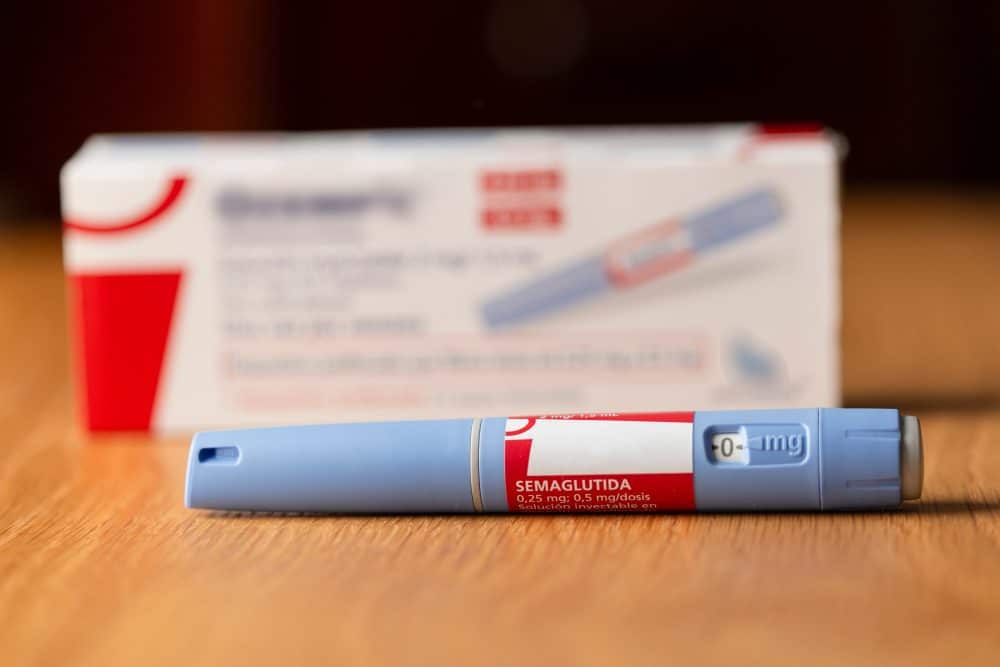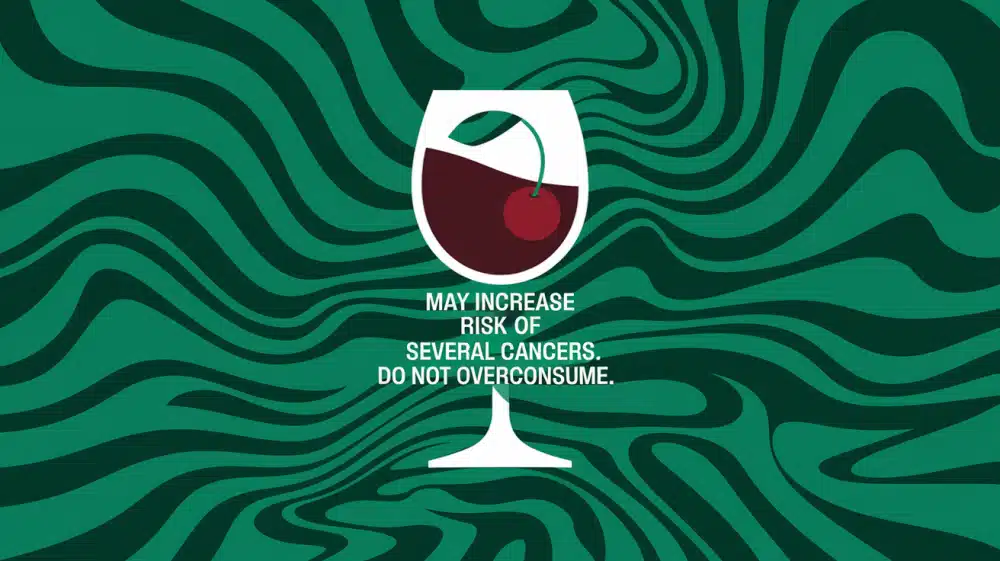About 95,000 Americans die from alcohol-related causes each year. The National Center for Drug Abuse Statistics warns that those numbers are likely to increase as 60 percent of people surveyed stated they have increased alcohol consumption since the COVID-19 pandemic.1
Just one instance of binge drinking can cause death by alcohol poisoning. The most common causes of death for those who chronically misuse alcohol include motor vehicle or other accidents, liver disease, cancer, heart disease, violence, and suicide.
There are countless reasons to stop abusing alcohol. Besides the incredible damage alcohol inflicts physically, the mental toll is equally high. Alcohol abuse may worsen depression, stress, and anxiety, lead to psychosis, and increase acts of self-harm and suicidal thoughts or actions.2 Families are often destroyed, and important relationships are lost. The damage to personal and professional relationships can be devastating and significantly affect the mental health of the person misusing alcohol.
Why is it So Hard to Stop Alcohol Use?
Alcohol abuse, misuse, and addiction are terms commonly used for alcohol use disorder (AUD), a chronic but treatable disease. People with AUD cannot stop or control their drinking despite adverse consequences. Depending on specific symptoms, a person may be diagnosed with mild, moderate, or severe AUD.3
Those who see alcohol destroying the life of their loved ones often find it difficult to understand why the person can’t stop such hurtful behavior. To answer the question “Why won’t they just stop?” it helps to know how alcohol affects the brain.
Scientific studies confirm that regular alcohol use causes changes in the brain, which can be permanent. Alcohol interacts with neurotransmitters in areas of the brain that regulate behavior, emotion, and physical activity. Because alcohol is a depressant, it slows movement, speech, and reaction if a person drinks too much. Alcohol also increases hormones in the pleasure and reward center of the brain, heightening the sense of well-being and lifting the person’s mood.4
Over time, the brain adapts to the continued presence of alcohol by changing neural communication pathways. Eventually, the brain requires alcohol to trigger pleasurable emotions and can no longer achieve them naturally. The brain also demands more significant amounts of alcohol increasingly to deliver the desired effect, indicating the body is now physically dependent on alcohol.
Once the body has become physically dependent, it is challenging to stop alcohol use without professional help. Withdrawal symptoms from alcohol cessation can be uncomfortable at best and severe, possibly lethal, at worst.
Alcohol Withdrawal Symptoms
If you stop drinking once your brain has altered neurological functions to accommodate a regular influx of alcohol, you will experience physical and mental withdrawal symptoms. Side effects are especially severe if you stop “cold turkey,” meaning you cease any intake of alcohol abruptly.
There are various physiological and psychological reasons you experience withdrawal effects from the abrupt cessation of alcohol. Physiologically, your brain is thrown off balance as it attempts to regain function and equilibrium without alcohol. Psychologically, you may be struggling with severe cravings and mood fluctuations.
Alcohol withdrawal symptoms usually begin six to forty-eight hours after your last drink and, according to the National Library of Medicine, may include some or all of the following:5
- Nausea and vomiting
- Headache
- Auditory disturbances
- Agitation
- Sweating that comes and goes, especially at night
- Visual disturbances (hallucinations)
- Tremor
- Clouding thinking, inability to concentrate
- Orientation
- Anxiety
Alcohol withdrawal syndrome (AWS) is a medical emergency affecting heavy drinkers who abruptly stop alcohol use. The danger occurs because their autonomic nervous system suddenly enters such a state of hyperactivity that severe complications, including delirium tremens (DTs), may result. AWS may occur within hours or days of stopping alcohol use cold turkey.6
While DTs affect only about three to five percent of those recovering from heavy alcohol use, the effects can be lethal. They may include “profound confusion, autonomic hyperactivity, and cardiovascular collapse.”7 AWS may severely affect mental health, cause nervous system dysfunction, dangerously high body temperature, seizures, and sweating, and can trigger delirium and hallucinations.
Although you may not experience DTs with alcohol cessation, if you have been abusing alcohol for a while, you run the risk of highly uncomfortable and possibly dangerous side effects when you stop drinking. Because the effects of stopping alcohol use cold turkey can be so devastating, experts warn against abrupt cessation and urge you to consult with an addiction professional or your doctor before quitting.
Medical Detox Followed By Psychotherapy Promotes Long-Term Recovery
Unfortunately, many people with AUD try to stop drinking without professional help. This practice is dangerous and presents many with needless suffering and poor outcomes. It is common for severe withdrawal effects to push a person into abandoning their recovery plan, while severe physical or mental reactions to withdrawal can require emergency medical assistance.
Detoxification (detox) means to rid the body of alcohol or other toxic substances and is the first step to recovery. Detoxing under close medical supervision ensures you remain safe and as comfortable as possible throughout detoxification.
The expert staff at Gallus Medical Detox Centers specializes in medical detox and understands how frightening the prospect of alcohol detox can be. We will keep you fully informed throughout your stay, easing your fears, and treating you with the dignity you deserve.
Our board-certified physicians, ICU-level registered nurses, and medical care technicians have decades of experience in addiction treatment, critical care, and emergency medicine. Gallus professionals will constantly monitor your vital signs like blood pressure, heart rate, and body temperature and respond immediately to any danger signs. We may administer medications like benzodiazepines to ease anxiety and help you sleep. Some studies have found benzodiazepines as effective as tapering (slowly reducing the amount of alcohol) in managing withdrawal.8
The compassionate team at Gallus shares a deep belief that everyone deserves a happy, healthy, productive life, and we are honored to guide the way. Call us today to learn more about the Gallus Method of alcohol detoxification.
Sources
- https://drugabusestatistics.org/alcohol-abuse-statistics/
- https://www.ncbi.nlm.nih.gov/pmc/articles/PMC2872355/
- https://www.niaaa.nih.gov/publications/brochures-and-fact-sheets/understanding-alcohol-use-disorder
- https://www.health.com/condition/alcoholism/effects-of-alcohol-on-the-brain#:~:text=Drinking%20alcohol%20alters%20the%20levels%20of%20neurotransmitters%20in,role%20in%20controlling%20behavior%2C%20emotion%2C%20and%20physical%20activity
- https://www.ncbi.nlm.nih.gov/books/NBK441882/
- https://pubmed.ncbi.nlm.nih.gov/29912213/
- https://www.ncbi.nlm.nih.gov/books/NBK482134/
- https://www.ncbi.nlm.nih.gov/pmc/articles/PMC4085800/


 Steve B
Steve B 
